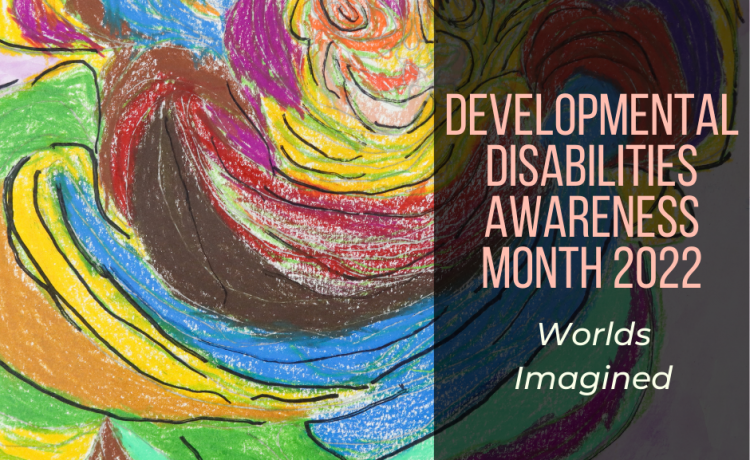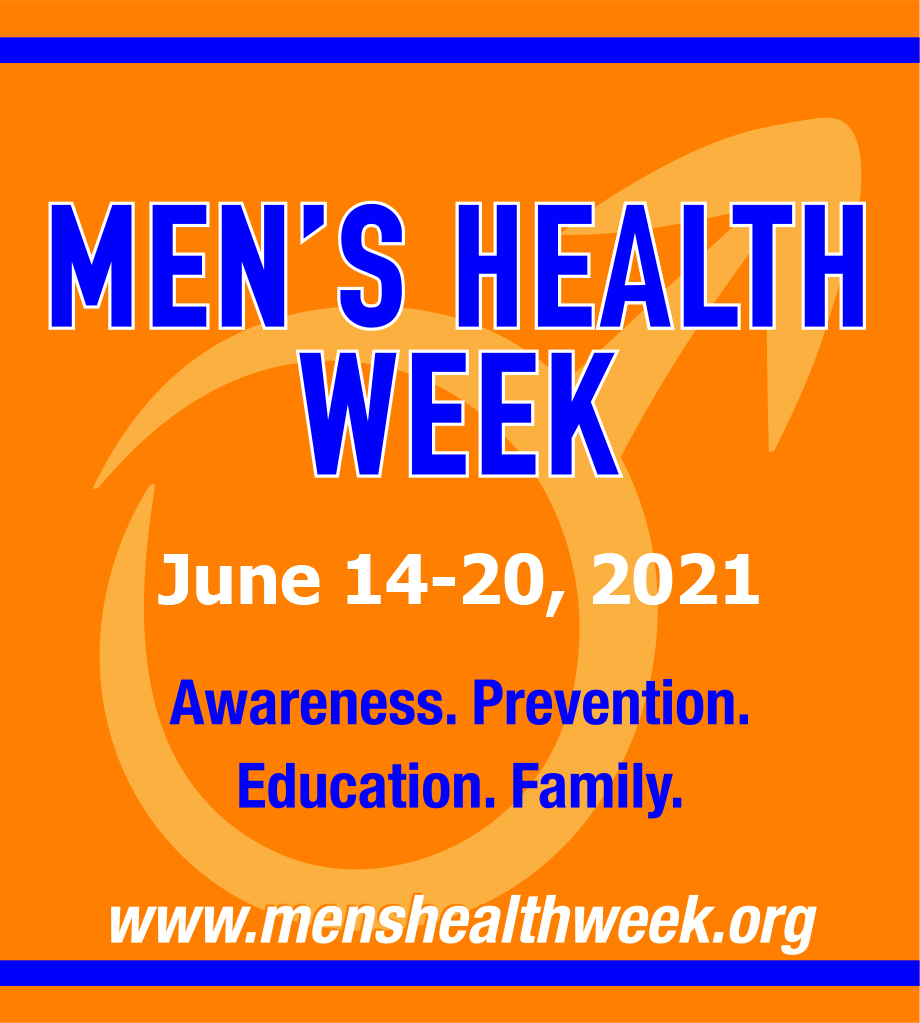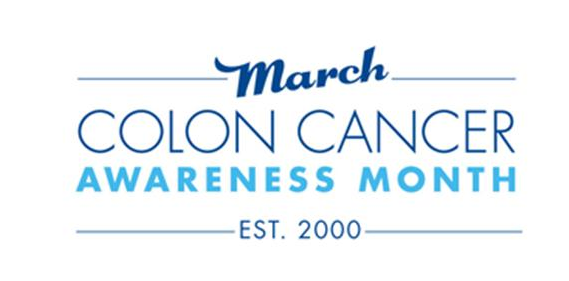Last Updated on March 4, 2022
March has been observed as National Developmental Disabilities Awareness Month since 1987. In recognition, we aim to spotlight the disabled community and educate the public how they can help people with developmental disabilities with understanding, encouragement, and opportunities.
According to the Centers for Disease Control and Prevention (CDC), developmental disabilities are defined as impairments in physical, learning, language, or behavior areas including autism spectrum disorder, cerebral palsy, learning disabilities, hearing loss, vision impairment, and other developmental delays that affect a person’s growth and/or cognition. Roughly one in six children in the U.S. have one or more developmental disabilities or other developmental delays.
In 2015, disability-associated healthcare expenditures accounted for 36% of all healthcare expenditures for adults in the United States, totaling $868 billion. The annual costs of childhood disability reported ranges from ≈$450–69,500. Prescription medication costs were the primary driver of total healthcare costs for Americans with developmental disabilities.
Having a developmental disability is a statistically significant predictor of poor general health. Studies show that individuals with disabilities have decreased life expectancy and greater rates of co-occurring conditions. Health disparities and secondary conditions can be the result of inaccessible healthcare services, lack of knowledge among healthcare providers about specific differences among people with disabilities, transportation barriers, and higher poverty rates among people with disabilities.
The COVID-19 pandemic has exposed and exacerbated the inequities in American healthcare. Long-standing systemic health and social inequities have put many at increased risk of getting sick and dying from COVID-19. People with disabilities have been largely ignored during the recurring waves for the sake of abled life “returning to normal” as quickly as possible — even the CDC says they are “encouraged” that only those “who were unwell to begin with” are likely to die from less-severe variants. The portrayal of the deaths of vulnerable people as “hopeful” or “reassuring” is a thoughtless and harmful dismissal of human lives.
During the worst moments of the pandemic, some states, localities, and individual hospitals responded to the shortage of workers, protective equipment, ventilators, and hospital beds by explicitly ruling out treatment for people with certain “pre-existing conditions” — devaluing the lives of disabled people and prioritizing “healthier” people. Federal health and civil rights officials in the U.S. ultimately ruled these policies to be unacceptable discrimination on the basis of disability. Even now, the expectation that people with disabilities should continue to isolate from the public who refuse to take necessary precautions longer than mandated (which often end at the first sign they are affecting the number of cases/deaths) or “catch it and get it over with” perpetuates the perception of disposability of disabled lives during an ongoing pandemic that can lead to long-term disabilities in more than half the people infected.
The only hope for disabled and chronically ill people at high risk from COVID-19 and its variants is that their fellow citizens take necessary precautions. Anti-mask/anti-vax elements are only partly to blame. The continued push from both sides of the aisle to loosen even modest masking and vaccination requirements are based on optimistic predictions and a desire to win political support from a pandemic-weary public. The risk to disabled and chronically ill people continues to be largely ignored — or pointed out as heartening for everyone else.
The NeedyMeds website has listings for Patient Assistance Programs that provide prescribed medications at low- or no cost, along with the free NeedyMeds Drug Discount Card can be used by anyone to help save money on their prescribed medication — even over-the-counter medicine if prescribed by a doctor. The card is available physically via mail, in a printable form, or as a smartphone app for Apple and Android devices. NeedyMeds has databases of information on programs that provide assistance for patients based on diagnosis, including for developmental disabilities. Diagnosis-Based Assistance programs provide a variety of services from helping with living expenses, respite care, service animals, or durable medical equipment. We also have listings for recreational camps and academic scholarships that enable children and young adults with developmental disabilities to have fun experiences and continue their education. For more help finding information, call our toll-free helpline Monday-Friday 9am-5pm Eastern Time at 1-800-503-6897.





